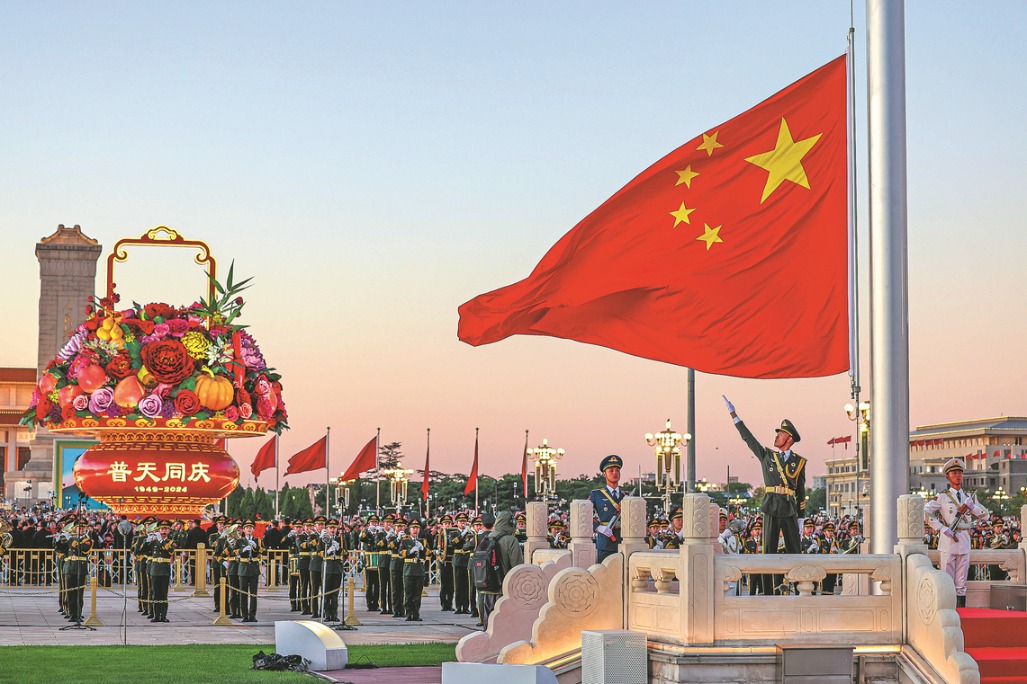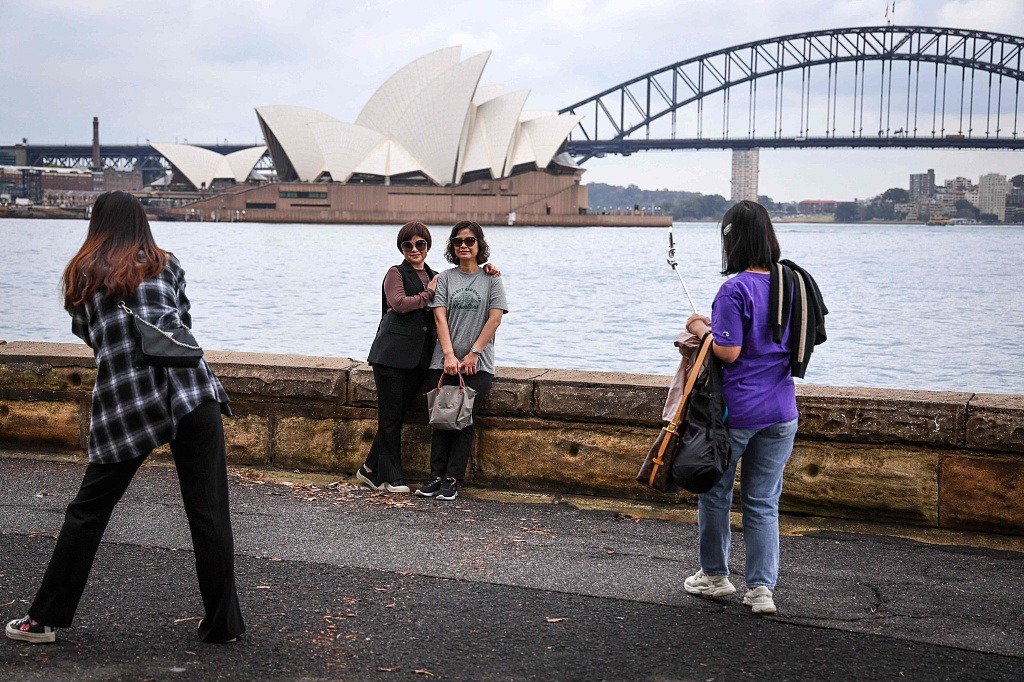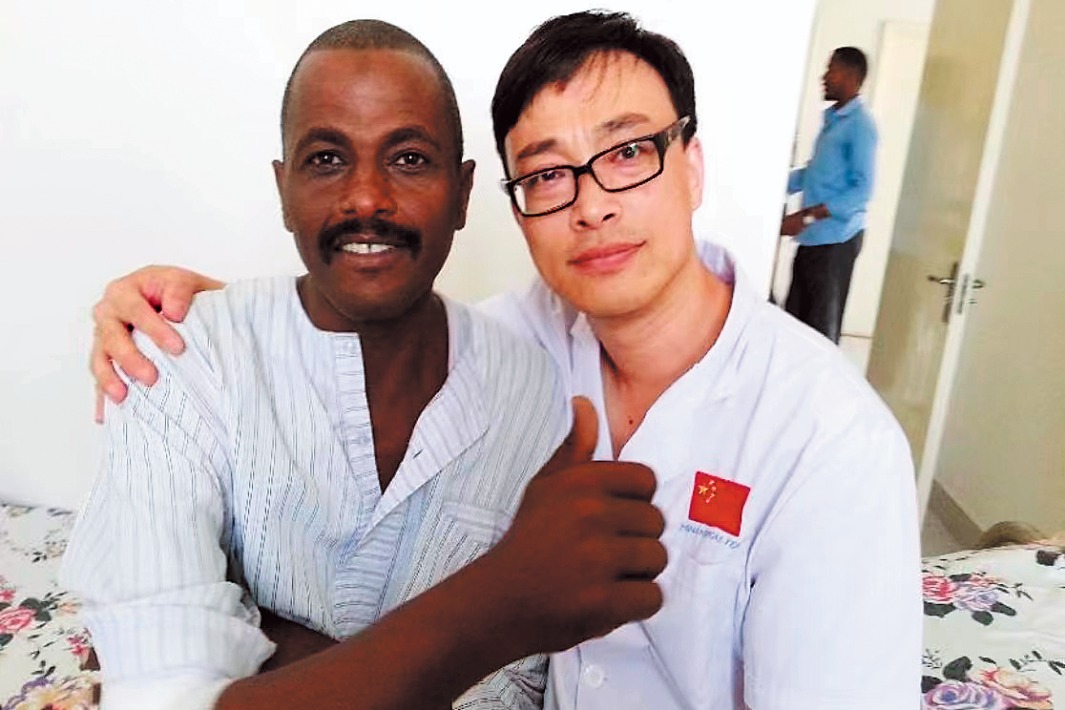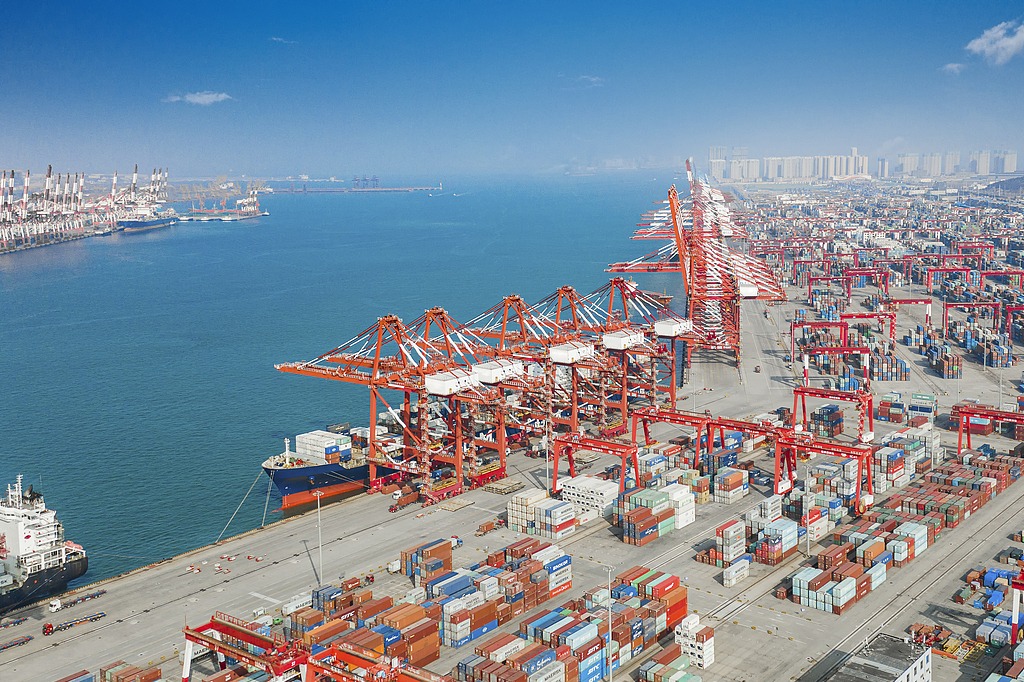Asia-Pacific region should not become arena for big power contests: Wang Yi
By MO JINGXI | chinadaily.com.cn | Updated: 2024-04-26 20:02
Foreign Minister Wang Yi said on Friday that the Asia-Pacific region should not become an arena for big power contests and it is hoped that the United States will make the right choice and work with China to pursue sound interactions in the region.
Wang made the remarks when meeting in Beijing with US Secretary of State Antony Blinken, who is on the final day of his second visit to China in the past year.
Wang said Beijing hopes that Washington can abandon its attempt to cobble together exclusionary groupings, refrain from coercing regional countries to take sides, halt the deployment of land-based mid-course missile interceptors, cease activities that undermine China's strategic security interests and stop harming the hard-won peace and stability in the region.
Wang told Blinken that whether China and the US choose to be partners or rivals is of critical importance for the steady development of bilateral ties.
If the US always views China as its primary adversary, bilateral ties will only be full of troubles and problems, he said.
Wang stressed that the Taiwan question is the first red line that cannot be crossed in the China-US relationship, urging the US to abide by the one-China principle and stop arming Taiwan.
Speaking of the string of measures that the US has adopted to suppress China's trade and technology development, Wang said that the development rights of the Chinese people must not be deprived.
He urged the US to stop playing up the fake narrative of "China overcapacity," lift its illegal sanctions against Chinese enterprises and stop its imposition of Section 301 tariffs on China that go against the World Trade Organization rules.
According to a press release from the Foreign Ministry, the two sides agreed to keep working to stabilize and develop the China-US relationship, keep high-level exchanges and communications at all levels, and continue to carry out military-to-military exchanges and consultations in various areas.
The agreement was also reached on further promoting bilateral cooperation in counternarcotics, climate change and artificial intelligence, adopting measures to expand people-to-people exchanges and strengthening communication on global and regional hotspot issues.
























